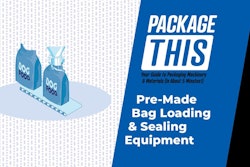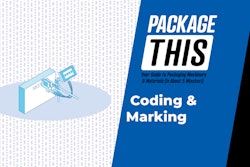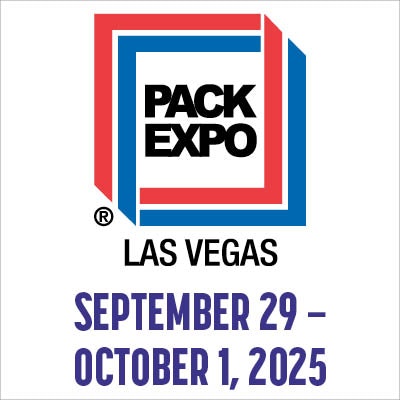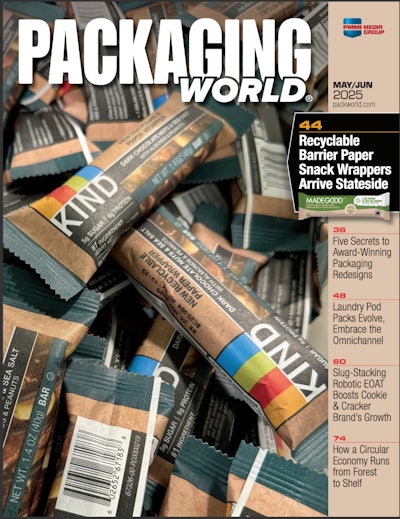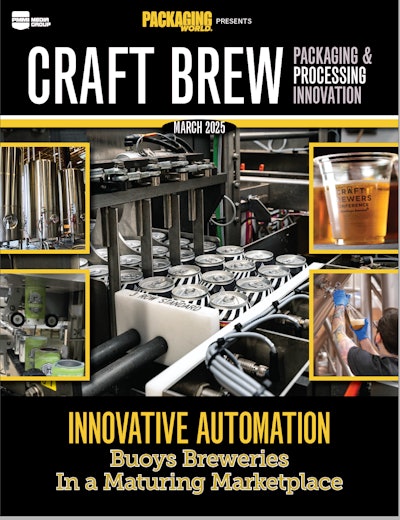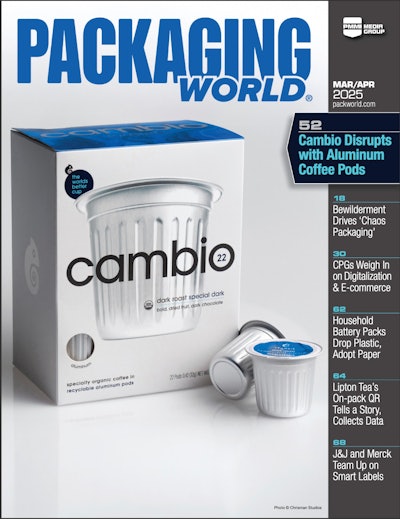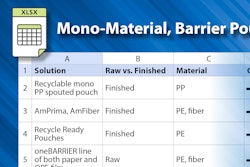
Editor's Note: This article was written live from Pharma EXPO.
Serialization is one of the most discussed topics in the pharmaceutical industry, yet there remains a surprising lack of understanding among manufacturers about the requirements and supporting technologies.
William Fletcher, Managing Partner at Pharma Logic Solutions, LLC highlighted some of the areas of confusion in his presentation, “Serialization and Track & Trace: From Theory to Practical Application Success, Including Global Trends.”
With some deadline requirements in 2015, Fletcher explained the stages of the Drug Supply Chain Security Act (DSCSA) enforcement timeline, which requires full electronic pedigree (or history exchange) by 2023. Under the law, manufacturers must only trade with the authorized distributor of record (ADR), maintain a transaction document (TD), perform suspect product investigations, and serialize packages to uniquely distinguish each item.
Beyond the key aspects of the regulations, Fletcher gave some helpful hints:
• Think beyond the U.S. requirements. He explains, “There’s no reason not to qualify your system to support regulations from around the globe.” One example of this is aggregation, which Fletcher highly recommends for suspect product investigations and international compliance. “A lot of companies have skipped over aggregation, but it’s something that you’ll end up tackling anyway.”
• Take time to evaluate suppliers. He has seen companies have knee-jerk reactions and select systems without going through the user requirement process. It may be a good idea to compartmentalize the solutions—the all-encompassing control option isn’t necessarily the best for you.
• Look into other manufacturers with established serialized lines. Some pharmaceutical manufacturers are offering contract packaging services to get more use out of their lines and boost their return on investment.









